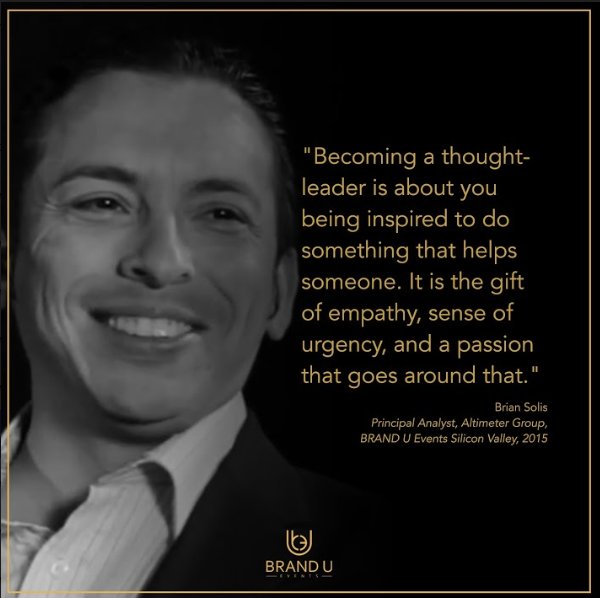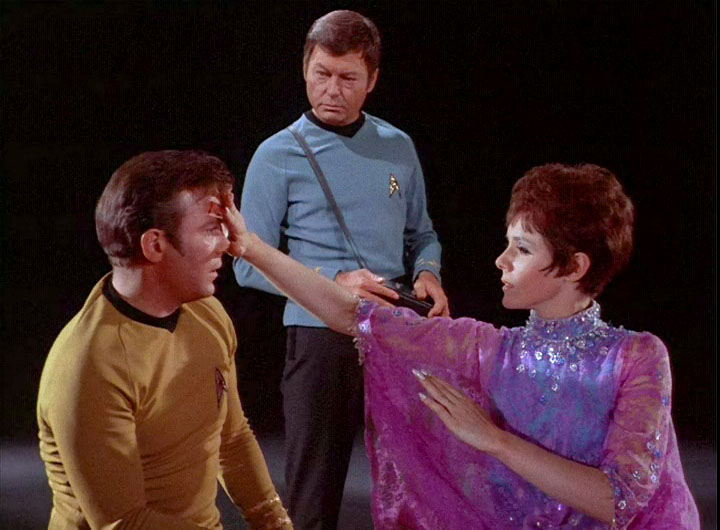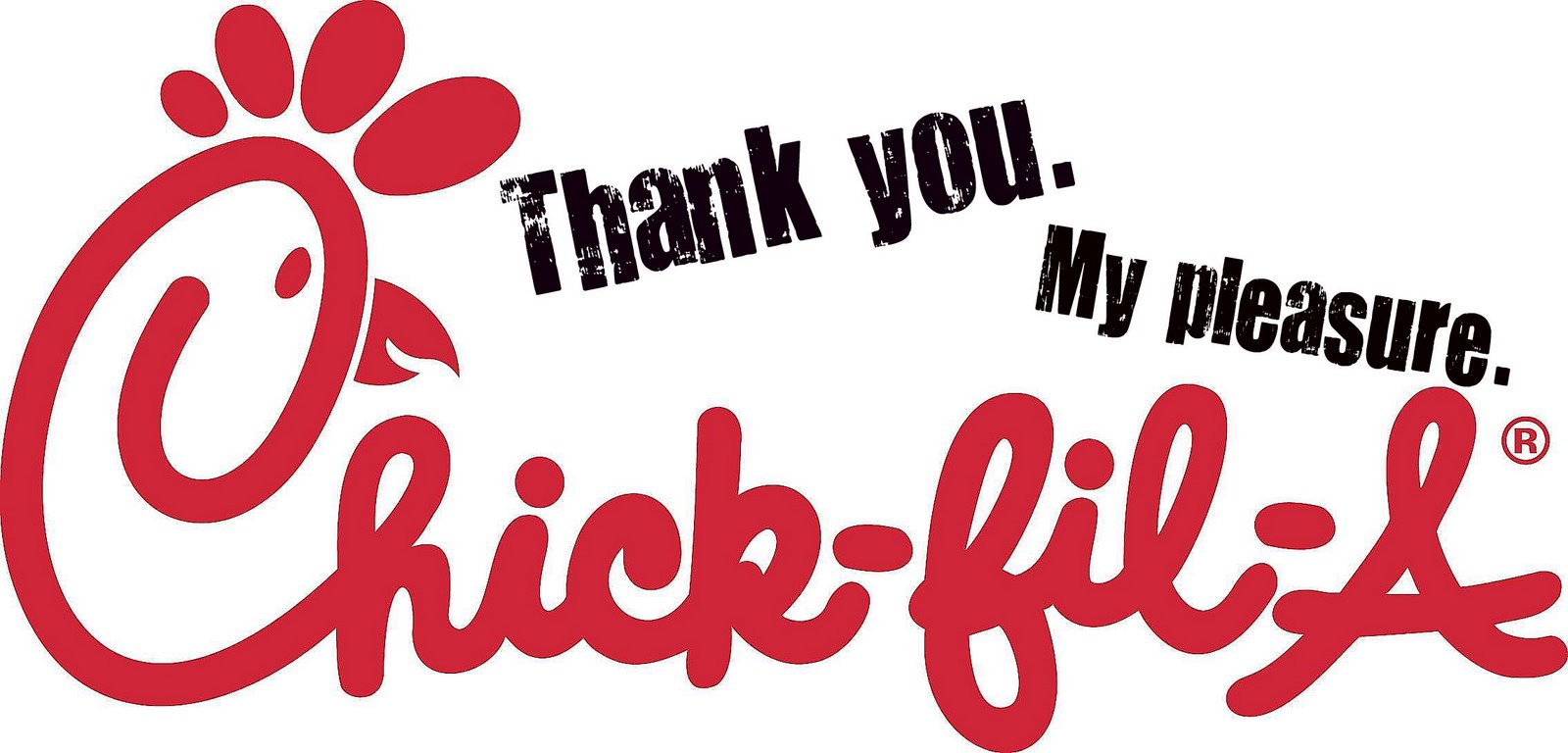 Photo Credit: thecrossingchurchnj.org
Photo Credit: thecrossingchurchnj.org
Below are my take-aways from Day 2 of the Global Leadership Summit. Register now for 2016. Life-transforming.
Horst Schulze (Chairman/CEO, Capella Hotel Group; Founding President & Former COO, The Ritz-Carlton Group):
Mr. Schulze gave the Summit audience a primer on how to create and lead in world class service. Foundational to his philosophy is that people matter – ” we are to care about people (our employees and our customers) and we work with excellence”.
He has a canon and 24 Standards of service* that all the Capella Hotel Group employees are expected to execute. Not just as part of the function of their job, but because they matter – the people and the service.
In terms of service, we want 3 things:
- No defect – You want the product to be defect-free (subconscious expectation).
- Timeliness – You want timeliness. [In old days, check-in was 4 minutes to be good; today it’s 20 seconds.]
- Caring – You want the people who give you the product to be nice to you (that’s why we call it service).
“The #1 driver of service and therefore customer loyalty is being nice.”
Service starts at the first contact.
Welcome
Comply with caring [give the customer what he wants]
Farewell
You can move a customer very quickly from satisfaction to loyalty. Photo Credit: liberty.edu
Photo Credit: liberty.edu
Sheila Heen (Founder, Triad Consulting Group; Faculty, Harvard Law School; Co-Author with Douglas Stone of Thanks for the Feedback: The Science & Art of Receiving Feedback Well):
Ms. Heen talked about feedback and the skill of receiving feedback well. A Harvard Law School professor, she also speaks/consults internationally on negotiation and conflict resolution. With this background, she gave the Summit audience helps on how important feedback is and not to miss it, even in the tension of a difficult or unfair situation.
Photo Credit: triadconsultinggroup.com
“Feedback is my relationship with the world and the world’s relationship with me. Part of the problem with feedback is that it sits at the junction of two core human needs. On the one hand, we do want to learn to grow. On the other hand, we need to feel accepted, respected and loved the way we are now.”
“3 Different Kinds of Feedback with Very Different Purposes (we need all three kinds to learn and grow).
Evaluation – rates or ranks you against a set of criteria or against your peers. Defining the relationship. Cholesterol. Performance review.
Coaching – Anything that helps you get better or learn. Mentoring. Advice. Suggestions. Correction.
Appreciation – says ‘I see you.’ ‘I get you.’ ‘You matter around here.’”
“The [feedback] model for us is Jesus Christ. He accepts us just the way we are right now, in all our brokenness, and at the same time, he challenges us to learn and grow.”
Brian Houston (Founder & Global Senior Pastor, Hillsong Church; Author of Live, Love, Lead: Your Best Is Yet to Come):
Pastor Houston was my biggest surprise of the day. As a mega-church pastor with campuses not just all across Australia but all across the world, I thought he would be a polished, fine-tuned speaking machine. [Forgive me that, Brother Brian.] There was a gentleness and humility in him birthed out of hard times, struggle, and loss…filled in by God’s matchless grace. He shared some of his life story through a Q & A with Bill Hybels. It was a beautiful tribute to the love and power of God reflected in a life fully surrendered to Him. We will be buying his book Live, Love, Lead.
“I love what I do. I love the Lord and I love the church. I love people ultimately. That motivation has never left me. Even on the darkest days. In the biggest challenges. If you keep showing up, even when you get knocked down, God will be with you. Longevity is the greatest thing you can have for the glory of the Lord.“
Sam Adeyemi (Founder & Senior Pastor, Daystar Christian Centre in Nigeria):
Pastor Adeyemi talked about growing up in a culture of leaders and followers where a hierarchical (or power) distance was common. Then He spoke of Jesus’ leadership and how God means for us to lead, including closing the gap between people.
“You will not find the definition of success for your ministry or organization until you help the people [God] sent to you to succeed. The object of leadership for many leaders is their own success, but the object of Christ’s leadership was the success of His followers.”
“Following you, [as a leader], should hold the promise of life change for those who follow you.”
“God calls us to create new power structures where power is used appropriately. Jesus gave his disciples authority and power. He gave power away.” Photo Credit: preachit.com.ng
Photo Credit: preachit.com.ng
Liz Wiseman (President, The Wiseman Group; Author of Rookie Smarts: Why Learning Beats Knowing in the New Game of Work):
Liz talked about the upside of being a rookie in the workplace.
“As Rookies – We operate in simple, small, gritty and powerful ways.
With experience comes knowledge, responsibility. Once we have knowledge, we tend to make assumptions, and we can make bad assumptions. Our minds sometimes fill in what is not actually there.”
“Leaders who master the art of pivot – as leader and learner (regaining your rookie smarts). Experiment – Throw away your notes. Ask the Questions (shift from knowing and operate from a place of inquiry). Operate from a mode of curiosity. Admit what you don’t know. Let someone else lead. Disqualify yourself (put yourself at the bottom of a new learning curve). Lead your team into the unknown. Set the stretch. As you grow as a leader, don’t forget to be a learner.”
Craig Groeschel (Founder & Senior Pastor, LifeChurch.tv):
Late on a Friday afternoon, full of words from all these other great leaders, Craig Groeschel powerfully and graciously took the stage. He encouraged us on how to build capacity. [This is actually a recent favorite topic of mine with the Lord and those I love.] Taking his text from Ephesians 3:20-21, Pastor Groeschel spoke from experience of how God will work in lives available to Him in ways we can’t even imagine. With that introduction, he dug into some exquisitely practical counsel on how to increase our leadership capacity.
5 Different C’s to Expand Your Leadership Capacity – Choose one to work on.
- Build your confidence.
- Expand your connections.
- Improve your competence.
- Strengthen your character.
- Increase your commitment.
Groeschel gave plenty of examples from his own life of what these might look like, and honestly, his teaching was so clear, we knew right away which one’s we would be working on, in the days ahead.
The Global Leadership Summit was also punctuated with videos of “Grander Vision” stories – people from all over the world who took seriously what they’d learned at previous Summits and went out and changed their worlds. We also enjoyed stirring worship moments, including a song set that Bill Hybels introduced as music soothing to our leader souls. Sometimes when nothing else seems to help, Hybels said, music can remind us of the nearness of God.  Photo Credit: Twitter.com/wcagls
Photo Credit: Twitter.com/wcagls
All this….and Michael Jr.
Thank you, Bill Hybels, and the Willow Creek Association, and all those leaders – who help make the many host sites possible and who demonstrate how possibilities can become realities when we lead well.
 Photo Credit: twitter.com/michaeljrcomedy
Photo Credit: twitter.com/michaeljrcomedy
*Capella Hotel Group’s Canon & 24 Service Standards – established by the founder and chairman Horst Schulze
Slideshare – How to Give and Receive Feedback – The Triad Consulting Group – Sheila Heen & Douglas Stone (authors of Thanks for the Feedback)
Global Leadership Summit – Register for 2016
Grander Vision Stories & Videos – Follow the GLS – Willow Creek Association
Twitter Account for Willow Creek Association – for #GLS15 comments and quotes and links to videos, articles, resources















